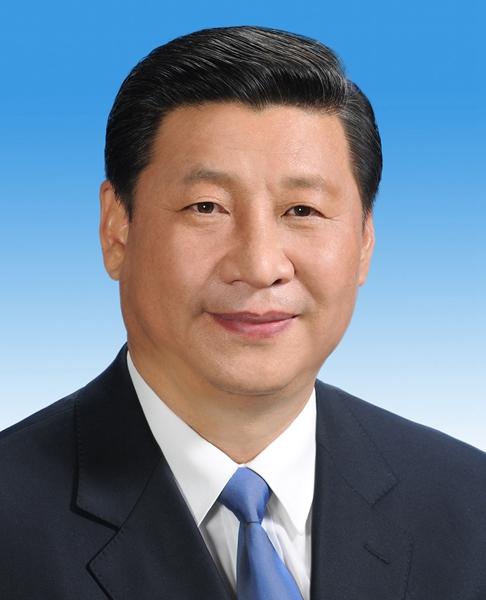Chinese President Xi Jinping appears poised to take decisive action against the persistent deflationary price wars that have long challenged the nation’s economic stability. In a move signaling a potential shift in policy, Xi’s latest directives suggest Beijing is ready to curb destructive competition among businesses that has suppressed prices and squeezed profit margins across key industries. Market analysts and investors alike are watching closely, as the end of these price wars could mark a turning point for China’s domestic economy and broader global trade dynamics.
Xi Signals Shift in China’s Economic Strategy Amid Persistent Deflationary Pressures
China’s leadership is signaling a pivotal change in its approach to combating sustained deflationary pressures that have weighed on the economy for months. In recent statements, President Xi Jinping underscored the urgency of addressing “unhealthy competition” within sectors prone to relentless price undercutting. This shift marks a notable departure from the previous tolerance of aggressive price wars designed to stimulate consumption but which have instead squeezed corporate margins and suppressed inflation targets. Analysts suggest that Beijing’s new stance may introduce stricter regulatory measures to curb destructive discounting, aimed at stabilizing prices and fostering healthier market dynamics.
Market observers now expect a multi-pronged strategy incorporating:
- Enhanced oversight: crackdown on predatory pricing and unfair competition.
- Support for innovation: incentives to boost product quality rather than competing on cost alone.
- Monetary interventions: targeted measures to stimulate demand without igniting inflation spikes.
This evolving economic policy framework could realign domestic industries towards sustainable growth, balancing consumer affordability with corporate profitability. The following table highlights recent trends in key sectors affected by price wars and their potential trajectory under the new strategy:
| Sector | Price War Impact | Projected Change |
|---|---|---|
| Consumer Electronics | Profit margins down 8% | Regulated pricing to increase margins by 4% |
| Retail FMCG | Discounting up 15% | Shift to quality-based competition |
| Automobiles | Price cuts across brands | Encouragement of brand differentiation |
Implications for Domestic Industries as Beijing Moves to Curb Price Wars
As Beijing signals a strategic shift to curb aggressive price slashing, domestic industries stand at a pivotal crossroads. For years, relentless undercutting has eroded profit margins across sectors such as manufacturing, retail, and technology. With the government poised to impose stricter regulations and promote healthier competition, companies may finally experience room to stabilize pricing and invest in quality and innovation. This move not only aims to restore market order but also to encourage sustainable growth, protecting smaller enterprises from being driven out by unsustainable discounting practices.
Key potential impacts include:
- Enhanced profitability and improved financial health of local businesses
- Reduction in aggressive promotional campaigns leading to more value-focused competition
- Increased government support for innovation to offset pricing pressures
- Greater consumer confidence as product quality gains priority over cheap pricing
| Industry | Current Price War Impact | Expected Post-Regulation Impact | |||||||||||
|---|---|---|---|---|---|---|---|---|---|---|---|---|---|
| Manufacturing | Thin margins, oversupply | Balanced pricing, quality focus | |||||||||||
| Retail | Frequent discounting, low margins | Healthier competition, sustainable profits | |||||||||||
| Technology | Price-focused innovation, rapid obsolescence | Analysts Recommend Policy Adjustments to Support Sustainable Market Stability
| Policy Area | Objective | Expected Outcome |
|---|---|---|
| Monetary Policy | Stabilize lending rates | Boost credit flow, avoid liquidity crunch |
| Regulatory Measures | Ensure fair competition | Reduce unhealthy price wars |
| Fiscal Stimulus | Support innovation | Drive sustainable economic growth |
In Summary
As China’s leadership signals a potential end to prolonged deflationary price wars, market watchers and investors alike will be closely monitoring the economic and policy shifts ahead. Xi Jinping’s stance could mark a pivotal moment for the country’s pricing dynamics, impacting both domestic industries and global trade patterns. The coming months will reveal how these intentions translate into concrete measures, and what that means for China’s broader economic trajectory.



